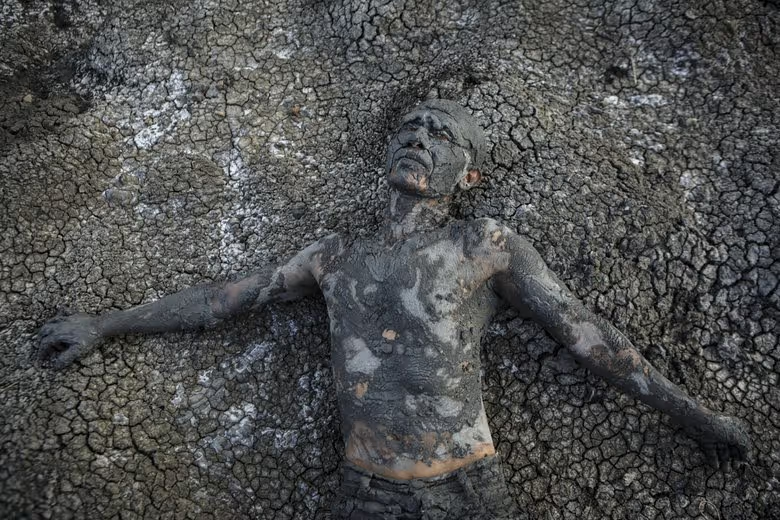Grit Delve Deeper Reading List Adult Fiction
Adult Fiction

Hirata, Andrea. The Rainbow Troops. Farrar, Straus, and Giroux, 2013.
Ikal is a student at the poorest village school on the Indonesian island of Belitong, where graduating from sixth grade is considered a remarkable achievement. His school is under constant threat of closure. In fact, Ikal and his friends—a group nicknamed the Rainbow Troops—face threats from every angle: skeptical government officials, greedy corporations hardly distinguishable from the colonialism they've replaced, deepening poverty and crumbling infrastructure, and their own low self-confidence. But the students also have hope, which comes in the form of two extraordinary teachers, and Ikal's education in and out of the classroom is an uplifting one.
Utami, Ayu. Saman. Jakarta, Indonesia: Kepustakaan Populer Gramedia, 2015.
The story of Saman, a pastor who left his priestly duties to become an activist, a choice that gets him on the list of the regime’s fugitives. Although the story is fiction, Ayu Utami’s depiction of the context and settings during one of the nation’s most monumental episodes is sharp and factual.
Toer, Pramoedya Ananta. This Earth of Mankind. 1980. Penguin Books, 1996.
Minke is a young Javanese student of great intelligence and ambition. Living equally among the colonists and colonized of 19th-century Java, he battles against the confines of colonial strictures. It is his love for Annelies that enables him to find the strength to embrace his world.
Madasari, Okky. The Years of the Voiceless. Jakarta: Gramedia Pustaka Utama, 2013.
Madasari’s portrayal of oppression under Indonesian leader Suharto’s New Order government (1967-1998) centers on mother and daughter Marni and Rahayu, who live in a Javanese village. Marni is illiterate and puts her faith in the traditional gods; Rahayu rejects ancestral beliefs, turning instead to Islam. Neither is able to escape the reach of Suharto’s increasingly authoritarian and corrupt regime. This novel explores the intersection of traditional Javanese culture and beliefs with Islam and New Order politics, all through the lens of two women navigating a system from the bottom of the social ladder.
Tohari, Ahmad. The Dancer. Jakarta: The Lontar Foundation, 2012.
The Dancer, a trilogy, recounts the tumultuous days of mid-1960s Indonesia. It highlights the lives of Srintil, a dancer, and Rasus, a bewildered young man torn between tradition and political progress. Through experience, both learn the concept of shame and sin: Rasus after he leaves their village and journeys into the world and Srintil when the world finally comes crashing into her remote village. The Dancer gives a ground-level view of the political turmoil leading up to and following the coup in 1965.
Mangunwijaya, Y.B. The Weaverbirds. Jakarta: The Lontar Foundation, 2014.
A landmark novel, The Weaverbirds is a tale of physical and spiritual struggles. The story spans from the formative days of Indonesia’s independence to Indonesia’s oil crisis in the mid 1970s. Larasati, the precious daughter of Mr. and Mrs. Antana, and Setadewa, the army-brat son of Capt. And Mrs. Brajabasuki, are childhood friends. But when they are older, they find themselves on the opposite sides of the country’s political spectrum. Even with their many differences, their relationship offers guidance to survival in a chaotic world.
